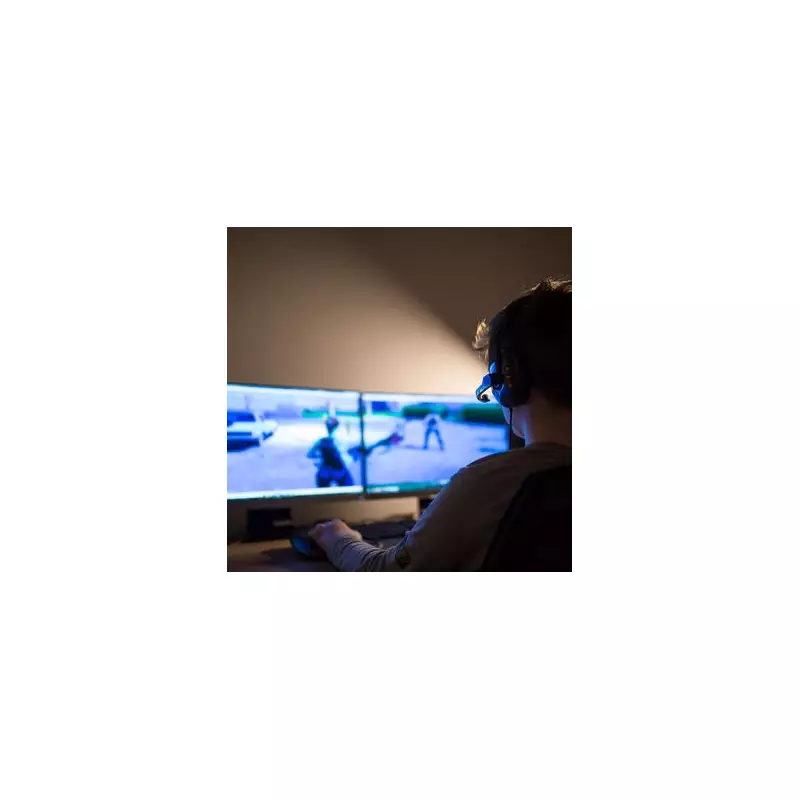
With video games becoming an increasingly dominant part of children's lives, many parents are left wondering: "Has my child crossed the line from hobby to addiction?" Gaming addiction is now officially recognised as a mental health condition by the World Health Organisation, making it crucial for parents to recognise the warning signs.
10 Red Flags Your Child May Be Addicted to Gaming
- Prioritising games over everything else - Schoolwork, hobbies and even friendships take a backseat to gaming sessions.
- Withdrawal symptoms when not playing - Irritability, anxiety or mood swings when away from their console or device.
- Lying about gaming time - Secretly playing or significantly underestimating how long they've been gaming.
- Declining academic performance - Grades slipping due to gaming interfering with study time.
- Loss of interest in other activities - Former hobbies and sports abandoned in favour of gaming.
- Continuing to play despite negative consequences - Persisting with gaming even when punished or when it causes family conflict.
- Using games to escape problems - Gaming becomes a way to avoid dealing with real-life issues or emotions.
- Physical symptoms - Headaches, eye strain, sleep deprivation or poor personal hygiene due to excessive gaming.
- Needing to play more for the same 'high' - Gradually increasing gaming time to achieve satisfaction.
- Failed attempts to cut back - Repeated unsuccessful efforts to reduce gaming time.
How Parents Can Help
If you've noticed several of these signs in your child, don't panic. There are constructive ways to address potential gaming addiction:
- Set clear boundaries - Establish reasonable time limits and stick to them consistently.
- Create tech-free zones - Keep bedrooms and mealtimes device-free.
- Encourage alternative activities - Help your child rediscover offline hobbies and social interactions.
- Lead by example - Model healthy screen habits yourself.
- Seek professional help if needed - Don't hesitate to consult a specialist if the situation feels out of control.
Remember, not all gaming is problematic. The key is maintaining balance and ensuring it doesn't negatively impact your child's health, education and relationships.





